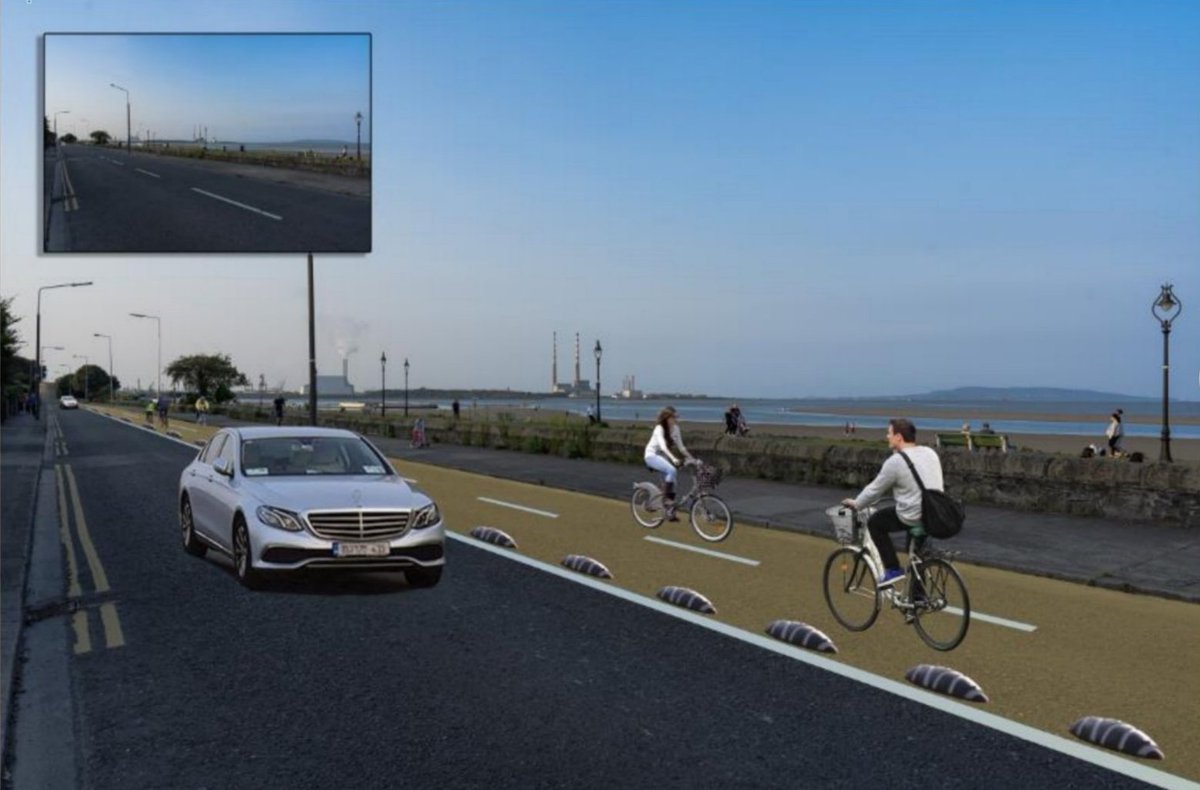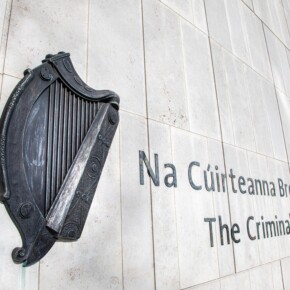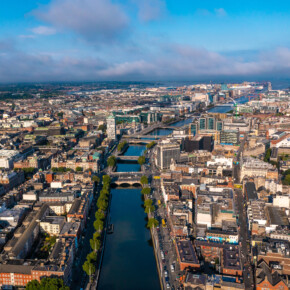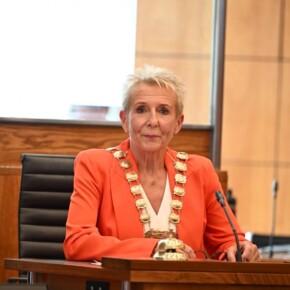DCC to appeal Sandymount cycle lane High Court decision
Gary Ibbotson 19 Aug 2021
Dublin City Council says it will appeal the decision by the High Court to reject its plans for the development of a two-lane cycleway on the Strand Road in Sandymount.
Late last month, Mr Justice Charles Meenan ruled that the cycleway proposal must now go through the proper planning application process.
Dublin City Councillor Mannix Flynn and local resident Peter Carvill brought the appeal to the court on several grounds.
The project proposes turning the current two-way vehicular stretch of road into a single outbound lane for cars with the other lane being developed into a two-way cycle track.
It would mean that local residents travelling towards the city centre by car, would have to drive southbound before turning right at Merrion Road.
Mr Justice Meenan agreed with Carvill and Flynn that the council was incorrect in its assessment that the project was exempt from the planning procedure because it was a traffic calming measure.
They also argued that the development should require an environmental impact assessment report (EIA), something the council has refuted.
The court also ruled in the applicants favour in this matter.
He said that the proposed cycleway is a “road development” under Section 50 of the Roads Act, 1993 and therefore required that an EIA be carried out on the project’s impact.
It is also located close to the River Tolka Estuary special protection area and the South Dublin Bay special area of conservation.
A screening report carried out by the council to determine if an EIA was necessary was inadequate and “seriously underestimated” the volume and effects of the traffic displacement, he said.
The judge also said that the council’s claim that the reduction of traffic on Strand Road route would mean residents and business owners could travel northbound by walking, cycling or other modes of transport allowed on the cycleway.
This suggested, he said, that residents at the affected roads, should they wish to go to Dublin Airport, would have to either “walk or cycle.”
He said that although this was DCC’s intention, “council “it does seem to show a level of indifference to those affected.”
The judge also disagreed with the council’s stance that the cycleway was for a temporary trial period of six months, saying that the planned removal of traffic islands and roundabouts and placing of barriers constituted a more permanent development.
However, he did not accept submissions made by the applicants’ representative that there is a conflict of interest involved as the council would be the developer and determining authority.
He also did not agree that there was a lack of time for a public consultation on the plans.
Dublin City Council said it would be appealing the ruling and that this decision may have implications on planned and current cycle ways.
The council said it will be asking for sooner-than-expected hearing of the case at the Court of Appeal.
The judge said that he was prepared to make DCC pay for the legal costs of the applicants but if its appeal was successful, the council recoup the fees from the applicants.











